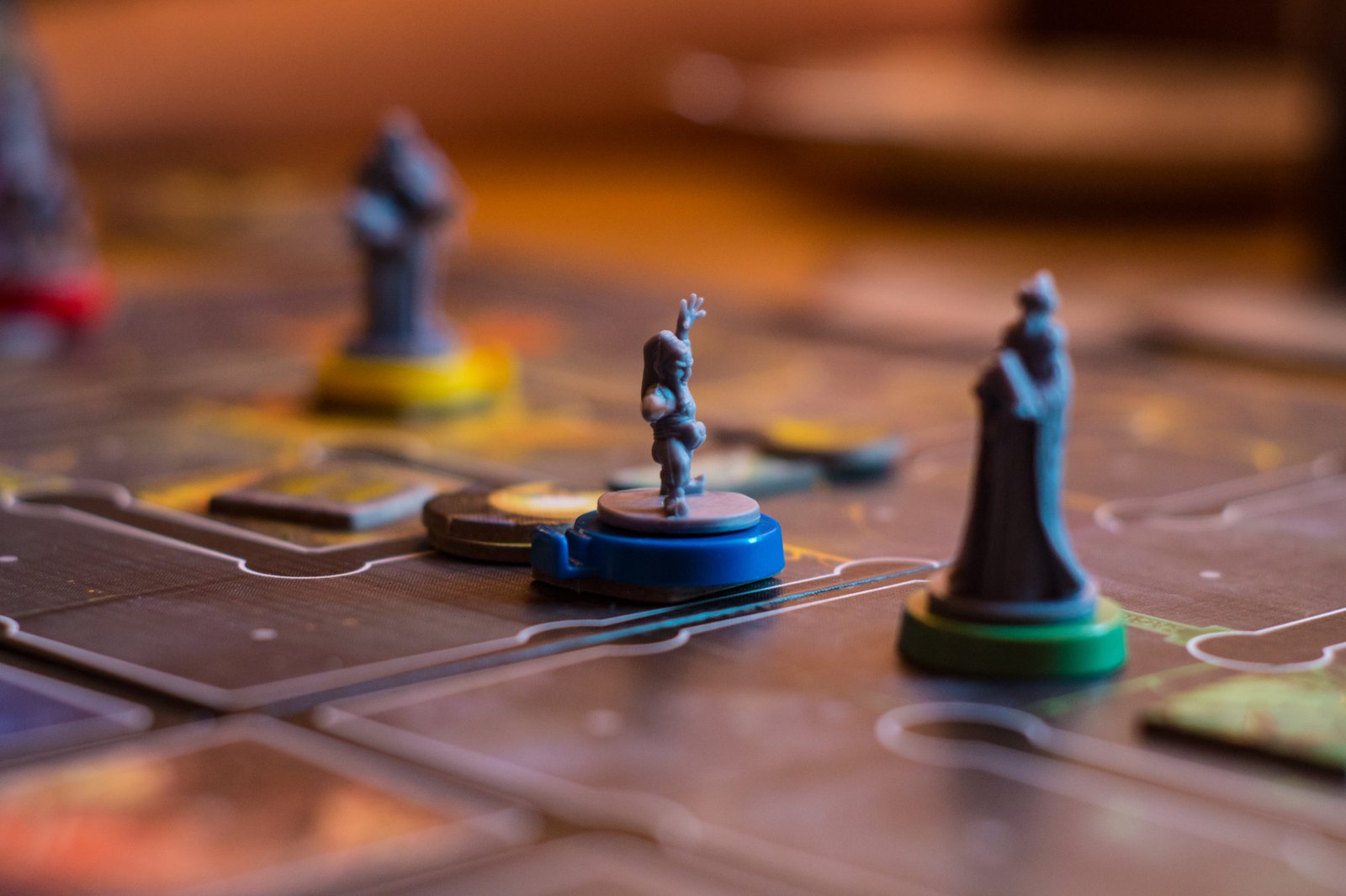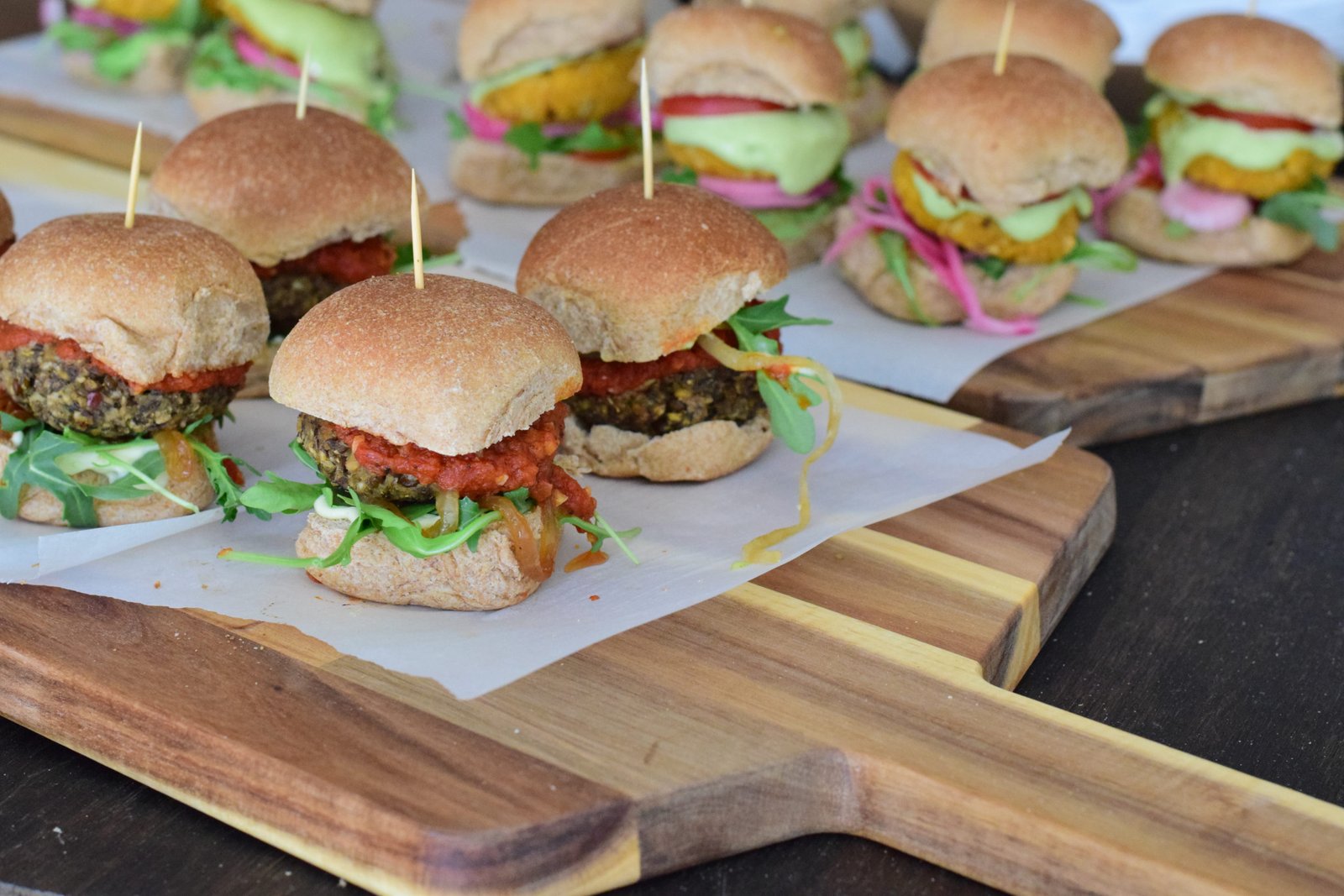Gratitude
12 Amazing Health Benefits of Gratitude

12 Amazing Health Benefits of Gratitude
It isn’t surprising to hear that experiencing gratitude in your life does wonders for your personal life and your relationship with others. Gratitude, or experiencing feelings of thankfulness and kindness for others, not only comes with benefits to your social circle, but can do incredible things for your mental and physical health. When you embrace a life of gratitude, you will likely see the following changes to your overall health.
- Improvements in your Physical Health
People who experience more reported feelings of gratitude have been proven to have less health complaints, including things such as headaches, infections, and general sickness. Not only does gratitude help with general sickness, but it can also help clear up your skin!

- Allows for More Fulfilling Relationships
Bettering your personal relationships may not seem like a specific health benefit of gratitude. However, when we surround ourselves with those that make us happier, we will have more people to rely on throughout our lives, which in turn has been known to increase your physical health. Those with stronger relationships, especially those in older age groups, are shown to have higher cognitive abilities and better overall mental and physical health.

- Your Lifespan May Extend
Those who experience high levels of gratitude in their lives tend to report significantly higher rates of optimism and positivity in their lives. These elements can help predict mortality when in old age and can also increase the quality of life for those who are in higher age groups.

- Your Mental Health Will Become Stronger
While many of the things on this list specifically target psychical health, they all have a turn in affecting one’s mental health. Things like improved friendships, energy, self-esteem and overall physical health all influence how one feels mentally, and the roots of all these things interconnecting is the presence of gratitude.

- You’ll Have More Energy
Those who report feeling more thankful than others have consistently shown higher energy levels in terms of their physical and mental vigor. One such study has shown that even after controlling for differences in personality traits, those who report high gratefulness in their lives also reported higher levels of energy and vitality.

- It Can Reduce Aggressive Behavior
When you lead a grateful lifestyle then you are more likely to act in ways that support not just your own well being, but the well being of others. This can be attributed to your inclination to try to empathize with others instead of assuming the worst in their actions. These abilities will help you in social situations where you might otherwise be inclined to act aggressively or mean-spirited. While being less aggressive is positive in its own, high levels of aggression can cause physical troubles such as a higher blood sugar, so getting rid of high aggression will also help out your physical health in the long run.

- You’ll Get Better Sleep
A 2011 study tested the effects of writing down the things that you are grateful for each night before bed. Of those studied, those who took the time to reflect on their gratitude reported being able to fall asleep earlier, waking less during the night, and having an overall more satisfying night’s sleep.

- Your Self-Esteem Will See a Boost
Another benefit that helps both your mental health and your physical health is gratitude’s impact on self-esteem. Those with high levels of gratitude not only report feeling more confident, but they also report an increase in self-esteem and a reduce in insecurity as well. Much of this can be attributed to how gratitude increases your ability to recognize kind acts as such, and thus when we are on the receiving end of these acts we can appreciate them for what they are, rather than by analyzing them from a skeptical eye such as those who lack proper self-esteem. Gratitude has also been shown to reduce the social comparisons that we make with others and helps us appreciate others for their accomplishments in a way that doesn’t look down on their own.

- You’ll Want to Exercise More
Because gratitude increases physical health and energy levels, it’s no surprise that you may want to exercise more. Studies were able to prove this, and in a study of 96 American participants they found that those who reflected on their gratitude would spend, on average, 40 more minutes per week exercising than those who did not. While the increase in physical health may encourage you to exercise, you can also look at it in the opposite way, as those who exercise more consistently report feeling healthier.

- Helps Mental Strength to Overcome Trauma
Studies have linked feelings of gratitude with higher resilience. Because we are able to concentrate on the things that we are thankful for, we are less likely to dwell on the bad. Not only does this increase your overall happiness, but it can also reduce the negative thought patterns and feelings associated with trauma. This was proven in studies with both 9/11 survivors and war veterans who experienced post-traumatic stress disorder. Survivors who reported more gratitude were less effected by symptoms of their PTSD, and those without PTSD who had still experienced these traumas had higher levels of gratitude on average.

- You’ll Feel More Relaxed
When you focus on the things that you are thankful for in life, you will be less likely to dwell on the negative, and in particular the things you cannot change. When your mind isn’t constantly thinking about things that cause you stress then you will naturally feel more relaxed. Relaxation is known to slow your heart rate, lower your blood sugar, and increase blood flow within your body, among many other amazing health benefits.

- Your Heart Will Be Healthier
Those that take note of their gratitude and the positive relationships in their lives are more likely to experience lower blood pressure and an improved heart rate variability. Both of these results show a sign of a healthier heart, which plays a key role in the health of the rest of our bodies. Not only does reported gratitude improve heart health, but it can also reduce problematic symptoms of those who already suffer from heart problems, such as decreased inflammation.

Gratitude
12 Ways to Feel Gratitude during a Pandemic

12 Ways to Feel Gratitude during a Pandemic
This past year has certainly been challenging for all of us in so many ways. There are times it is difficult to see the beauty around us when we are surrounded by challenges. This can be the same not only in a pandemic but during any crisis. The key is to focus on even small things to be happy about, as you feel gratitude for these things it will be easier to find even greater gratitude and happiness around you.
Personally right now as I am writing this I am truly grateful to be warm and cozy inside with about 18 inches of snow on the ground.

1 Beautiful Day
Being grateful for the day is an easy place to start. Is the weather nice? If it isn’t do you have the means to stay comfortable? Look for local birds or plants; think about how they impact the area you are seeing.

2 Time in Nature
I have spent a lot of time walking just to get a change of scenery, to feel better and for my overall well-being. Luckily I leave a short driving distance from walking trails. Even sitting in a park or your yard can bring a sense of wellbeing.

3 Comfortable Cloths
I certainly spend more time in comfortable cloths than I ever have working from home exclusively. Maybe it’s a fuzzy pair of socks or a favorite sweater than can make you feel better even on a rough day. 
4 Pets/Animals
If you have pets, be grateful for their love and company. If you don’t have pets, be grateful to that beautiful bird or cute squirrel that crosses your path.
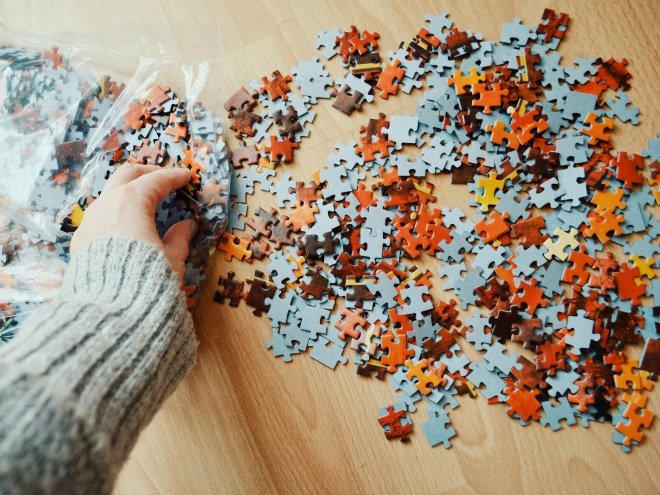
5 Games/Puzzles
Puzzles and games have helped family’s reduce boredom and spend time together. In a time with so many electronics getting back to these basic board games and puzzles has allowed a new generation to find old school fun.
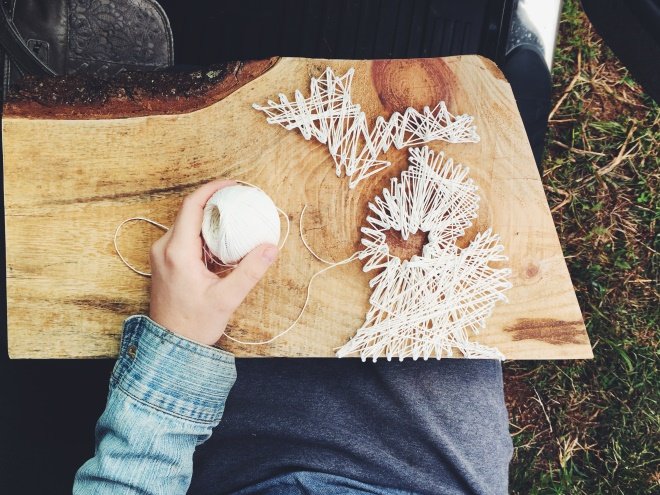
6 Creativity

7 Treasured Item

8 Coffee
Coffee, tea this can be any beverage of your choice.
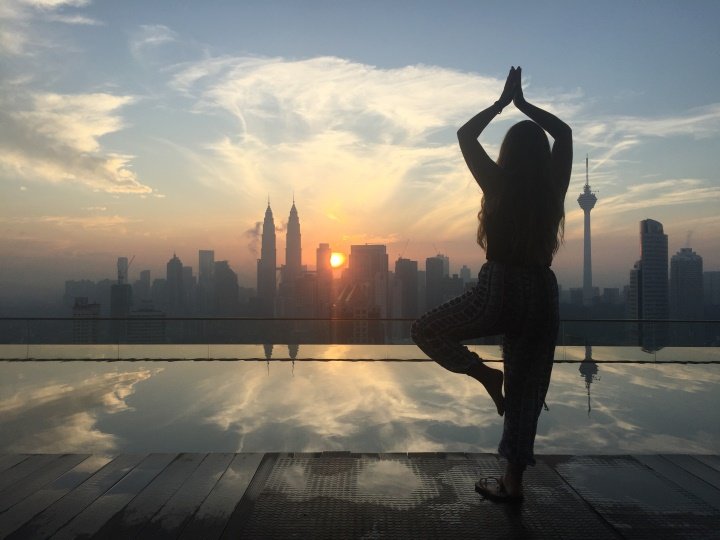
9 Health
Be thankful for even a single portion of your health. Maybe you have great eyesight or hearing, maybe you are flexible, pick out one thing that makes you feel good about yourself.
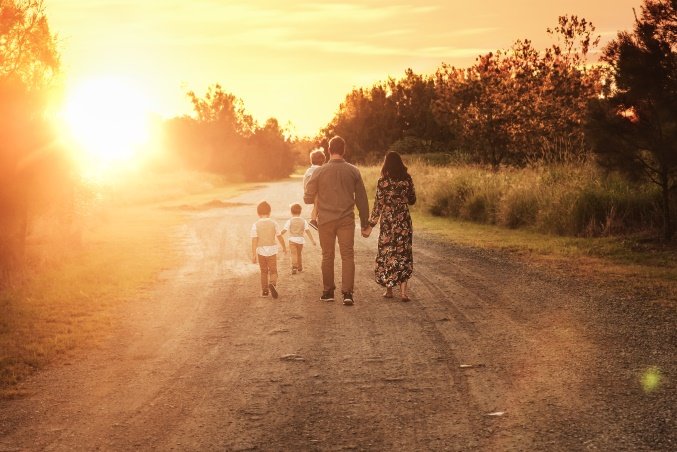
10 Family
In these uncertain times spending time and being grateful for members of our family can be a key to our wellbeing. These people don’t have to be related to you by blood, just people you feel you can truly trust and rely on.

11 Virtual Tours
Many museums are offering virtual tours. What a great way to see a museum you could never get to in the past. Something new in a world with far too many restrictions.

12 Books
Many of us have more time at home than we ever have. Books can transport us into a new place or time. Whether you read paper copies, on a device or via audiobooks they can be a great way to relax. Find a new story, ready a biography of someone you admire or a book about a historical time period that you find fascinating.
Gratitude
How to Start a Gratitude Journal You Can Stick With

Creating a journaling routine can seem challenging at first if you have never done it before. Essentially you have to carve out a few min every day to sit and journal. There are a few guidelines though that can make it easier to create a habit.
1) Pick a time that tends to be your quiet time of the day. If mornings are busy getting off to work and getting kids off to school, trying to add journaling in then will never work. Maybe you carve out a few quiet moments at lunch or before dinner. For me my quiet time is in the evening before bed. I like to read and have some quiet moments. This is the best time for me to do my gratitude journaling.

2) Find a journal book style and pen you really like. There are lots of sizes to choose from. If you want to be able to take it on the go, get something small enough to fit in your purse. A bigger size will work if you plan to leave it at home. Think about how you like to write – do you like lines, unlined, artwork? It may take a few attempts to really figure out what you prefer.

3) Make it a habit. It takes 21 days to create a habit. So make a commitment to yourself to spend 10-15 minutes a day on your journaling no matter what for the next month.
4) Be Flexible. If you try evening and you fall asleep instead of journaling, try a different time. Wish your journal had lines? Or artwork? You can draw in lines or add stickers to decorate it.
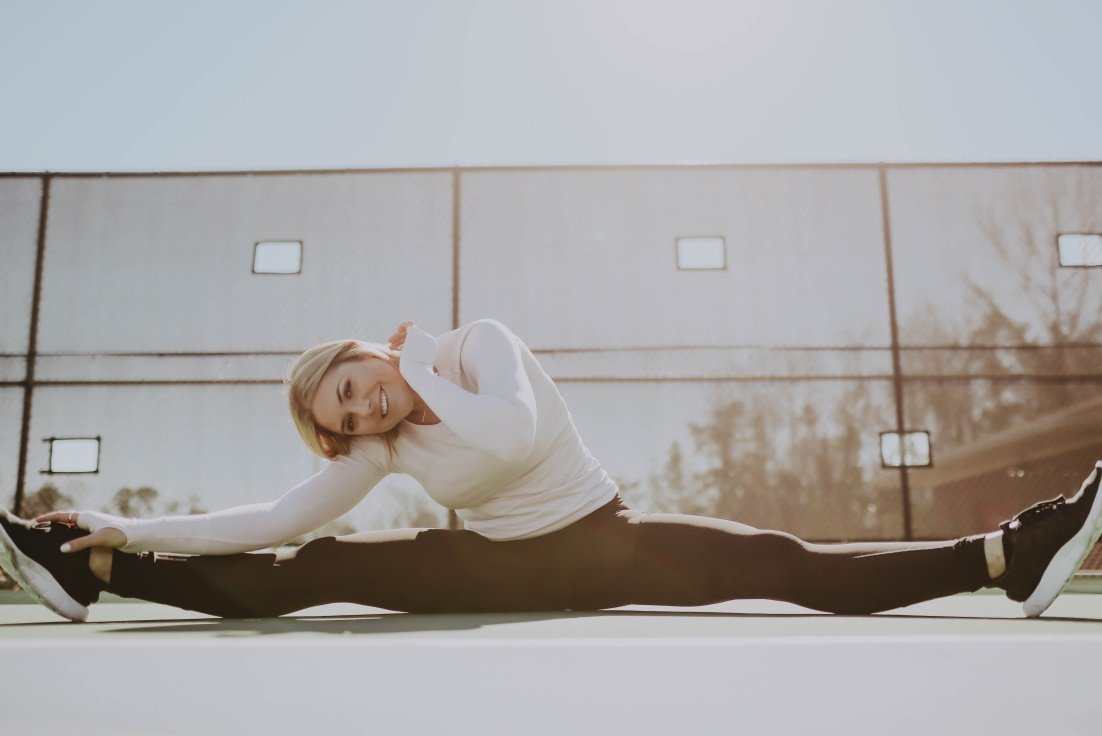
5) Expect the Unexpected. It may take a few attempts to really feel like you can make journaling stick.
6) If you already journal and just want to add gratitude journaling you can create a separate journal or just incorporate daily gratitude into your existing progress.
It’s ok to make mistakes, to try and try again to find what works. There is no right or wrong way to journal. The ultimate key is finding what works for you. If you stop for a while (sometimes life happens) it’s OK to pick up where you left off.
Gratitude
Being Grateful while Social Distancing

The last few weeks have been a whirlwind of changes around COVID–19. This is a challenging and fluid situation. It can be easy to get drawn in to all the negative situations and reports around us. Many of us are isolated from friends and family.
Many people have lost jobs even temporarily, trying to work remote while entertaining kids who cant go to school, or have to go into work in spite the health risks. My heart goes out to all the people working in health care and all the sacrifices they are making.
Take time for yourself. Write in your journal. Find some new things to be grateful about. Myself I am working from home with my daughter who had surgery and could finally attend school, the day they closed it. I was on a conference call today and one thing said was really inspirational. Its OK to feel, stressed or be upset with everything going on but do one thing every day that makes you feel good. I love to walk on a local trail, so weather permitting I plan to do that as my daily gift to myself and my mental health.
Home with family? This is a great time to re-connect with your household, play a board game, watch a movie as a family or just talk. Many schools aren’t set up for on-line learning. Its a great time for the kids to learn some basic life skills. Cook a meal or have them follow a recipe (depending on age) with your supervision, show them how to balance a checkbook, do laundry or hem a pair of pants.
No Kids? If you are with a partner spend some quality device free time together. If you are alone? Do that on-line class you never get to, work on a project you’ve had on your list for a while or do a video happy hour with a friend.
Be grateful for the health care workers out there every day trying to help and for friends and family pitching in to watch children so those workers or others like them have to go into work right now.
Still getting your regular paycheck? Help the local businesses by buying gift cards if they have to close to use later and get takeout from local restaurants to help support them. Do what you can to help from a safe distance.
-

 Saving Money5 years ago
Saving Money5 years agoPersonal Budgeting Made Simple
-

 Gratitude4 years ago
Gratitude4 years ago12 Ways to Feel Gratitude during a Pandemic
-

 Journaling4 years ago
Journaling4 years agoPhoto Journaling Documenting Your Memories
-

 Gratitude5 years ago
Gratitude5 years agoHow to Start a Gratitude Journal You Can Stick With
-

 Healthy Living3 years ago
Healthy Living3 years agoHow to Choose a Collagen Product
-

 Journaling5 years ago
Journaling5 years agoCreating a Jar of Gratitude Prompts






